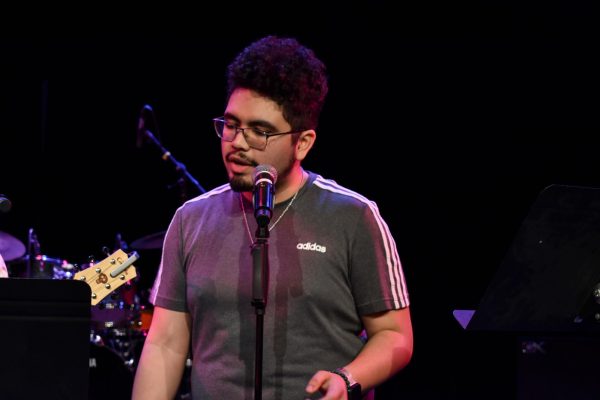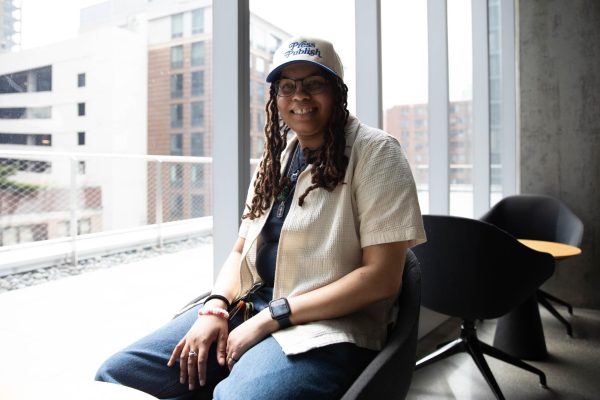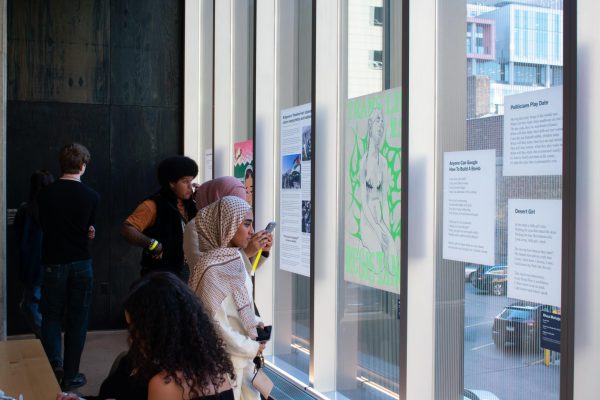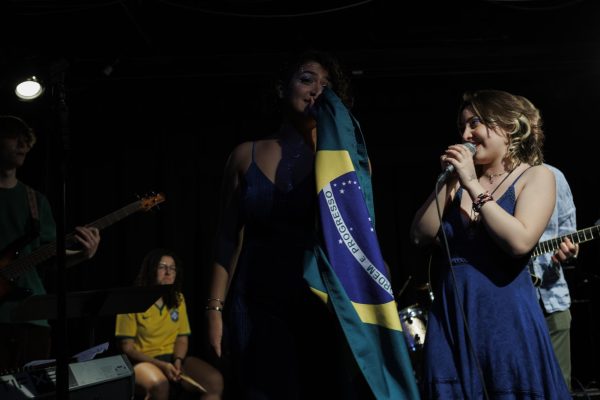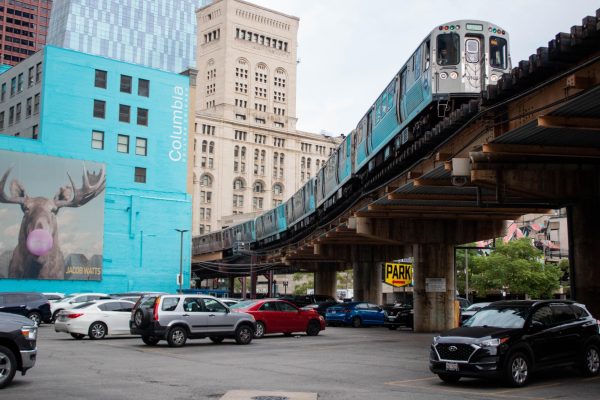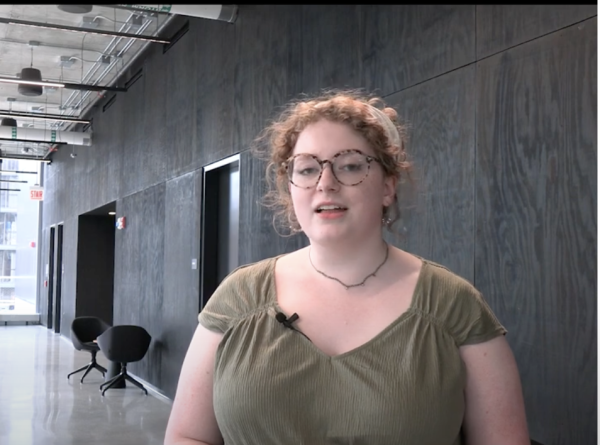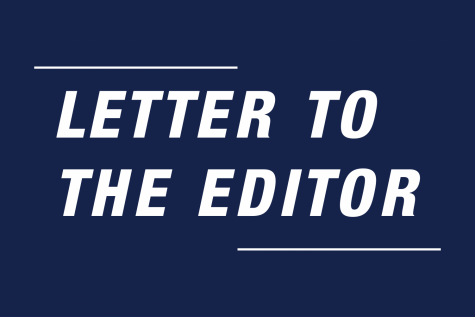Story Week inspires
December 14, 2015
Story Week has been replaced by a monthly author reading series, and some of my fellow students in the Creative Writing MFA Program think that’s a good thing. I am not one of those students. Story Week is a big part of the reason I’m a student here at all, and more importantly, it’s a big part of the reason I’m a writer so of course I’m not one of those students. Where I’m from, people don’t become writers. It’s unheard of. The closest I could come to this childhood dream of mine was majoring in English and teaching it to kids because that’s practical, because that’s possible. Even in college, as an undergrad, when I asked one of my instructors in the English Department of another school how I might become a writer, I was told, “Marry someone who can pay the bills with a real job.” But then there was Story Week. A dizzying array of inspiring and instructive readings, performances, presentations, panel discussions and publishing “bootcamps” that made the writing profession seem real, legitimate and accessible even to people where I’m from.
I went year after year, and one year, in 2010, when the festival’s theme was “Genre Bending: The Faces of Fiction,” I was so thrilled by the line-up of events that I started a blog just to have some place where I could write about it and put my eager, amateur thoughts out into the world, at least theoretically. Afterward, I sent an email to Randy Albers. This was his festival more than it was anyone else’s. He started it. He ran it. He introduced big writers to little ones, and vice versa. He opened his arms wide and gathered up all that was good and strong about the world of storytelling, and he brought it all to us in Chicago for one glorious, transcendent week every year, saying, “Look here, this is what’s possible.” And his reach was far. Salman Rushdie, Joyce Carol Oates, John Edgar Wideman, Irvine Welsh, Edwidge Danticat—he brought us the rock stars and, to me, he was a rock star, too. So I sent him an email with a link to my blog. And he wrote back like a person. He said kind, encouraging things, and I took the blog that I started just for the sake of covering Story Week and I used it to explore the literary community in Chicago, which I didn’t even know existed.
Now I’m a student in the program that gave us Story Week, and, as such, I have gotten to work with a number of faculty members I discovered at the festival, some who have become personal heroes of mine. I have also come to see that Story Week is as important to us in here as it was to me out there, that it’s a part of the school culture, one of our sacred rituals. I worked for the festival as a grad assistant and learned firsthand that Story Week is not just a week. It’s a year-long thing. The week itself is—or was—as exhausting as it was exhilarating, but, afterwards, there’s Spring Break and then it’s back to the festival grindstone: tallying up surveys, typing out attendee feedback, preparing data for grant proposals, discussing ways to make next year’s seven days even better. There’s a ton of planning, organizing, promoting and networking that goes into Story Week, and I got to help with all that. I got to meet agents, editors, reviewers, publishers and venue coordinators, not to mention incredibly talented, well-respected authors.
And these opportunities weren’t just available to me. There have been other grad assistants throughout the years, as well as a small army of undergrad volunteers who got to work behind the scenes on this huge, powerful, beautiful thing.
And yet, Story Week has been replaced by a monthly author reading series, and some of my fellow students in the Creative Writing MFA Program think that’s a good thing. Maybe they only got to see the most recent iteration of Story Week, the one that got minimal support from the college. Maybe they had trouble finding their place in it because a whirlwind phenomenon of its scope and magnitude can be extra hard to orchestrate when everything around you is shifting, as the case has been in our department for the last couple of years. Maybe they’re not from Chicago, and they don’t see what a loss this is to the city. Last year, we had four major free-and-open-to-the-public literary events each year: Printer’s Row, Printers Ball, the Humanities Festival, and Story Week. And now we have three. Maybe they don’t know that we’re the live lit capital of the country, what Poets & Writers has said to be “quickly becoming the largest storytelling community in the world,” with readings every night, and so a monthly author reading series is nice, but, really, only adding a teeny tiny bit more to what we’ve already got in spades. Or maybe, to them, smaller is better, a chance for us to close out the rest of the city and the world so that we, alone, could connect with literary giants, intimately. Maybe they think that’s what being an MFA student should be all about. Maybe they didn’t come from a place where people don’t become writers, or, if they did, they never got the chance to see how Story Week is the thing that goes to those places and saves lives.
Alba Machado
Fiction MFA Candidate


